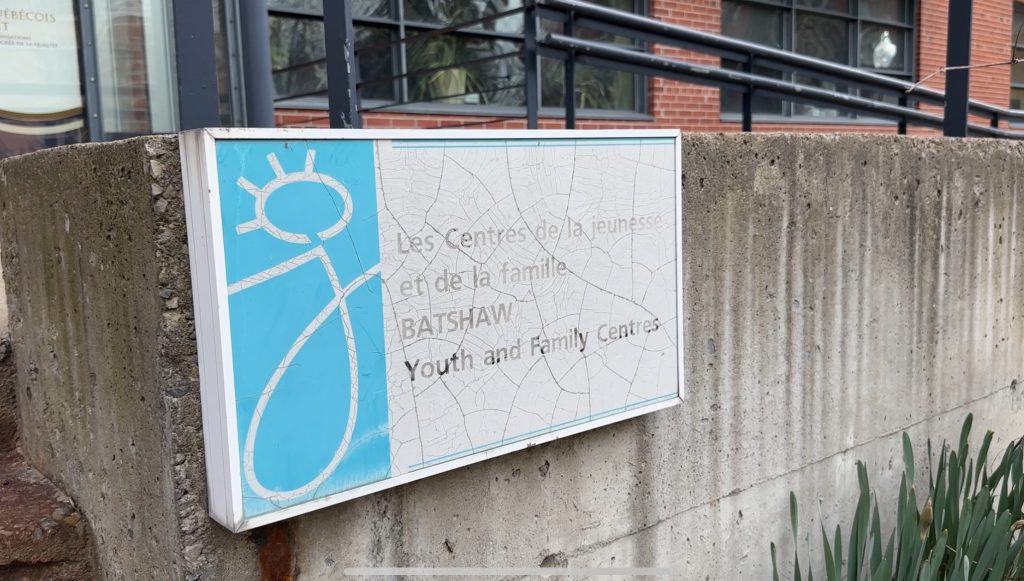Intimate partner violence rose during pandemic with no sign of slowing: study
Posted April 28, 2022 2:22 pm.
Last Updated April 28, 2022 6:26 pm.
If you need help, reach out. Call SOS violence conjugal 24/7 at 1-800-363-9010.
If you fear you may become violent towards your partner, call PRO-GAM for an appointment at 514-270-8462.
A new study from the Université de Sherbrooke shows women facing some form of intimate partner violence in Quebec increased during the ongoing pandemic with confinement measures that were imposed in the earlier waves.
“One woman out of six reports some signs of domestic violence at the very current moment,” says Dr. Mélissa Généreux.
Généreux alongside three medical students — Ariane Pelletier, Alycia Therrien and Marie-Aude Picard-Turcot — compiled data from over 10,000 women in Quebec from 2020 to 2021.
“We thought it was very important not only to focus on physical violence but also on psychological and verbal types of violence,” says Généreux.
By using a scale that asked questions around four types of intimate partner violence – hurt, insult, threat, and scream (HITS) – the study also shines a light on silent forms of domestic abuse.
#WATCH: “That's pretty alarming,” says Dr. Mélissa Généreux, who oversaw a study from the Université de Sherbrooke, that shows an increase of women who reported they experienced some form of intimate partner violence during the on-going pandemic and confinement measures pic.twitter.com/Meiy5isYdK
— CityNews Montreal (@CityNewsMTL) April 28, 2022
RELATED:
- Domestic violence in Quebec: new initiative launched after two possible femicides within 24 hours
- Quebec sees violent end of the week with two suspected femicides
- Domestic violence victims’ advocate shares personal tragedy ahead of Break the Silence gala
“[We didn’t] need to focus on the fact that your partner may hurt you but also threaten you or insult or scream at you several times,” explained Généreux.
Justine Chénier the project manager, at Info-Femmes, a women’s center says, “we saw women who were denied access to resources, who did not have access to resources at that time because they were stuck with the aggressor all the time in their house.”
Yasmine Youssef, the program director at Nisa Homes – a community organization that provides transitional homes for women and children fleeing intimate partner violence and homelessness across Canada – says, “we definitely noticed the calls more than doubling.” Adding that calls for help went from 200 a month to more than 400.
Youssef says she also saw the impact of COVID-19 on women leaving their abusive homes.
“So many of the women were afraid to come to a shelter, afraid to come to communal living where they would be exposing themselves and their children to anything potentially.”
With the rise in femicides in 2021 and the continuation of multiple cases in 2022 Généreux says that’s just the tip of the iceberg.
RELATED:
- Experts call for more prevention against femicides in Quebec, after two deaths in 24 hours
- Quebec invests $3.1 million to help police fight intimate partner violence
- Polytechnique anniversary comes as Quebec mourns spate of domestic violence killings
“We can estimate that for each femicide here in Quebec, we can expect as many as 16,000 women who report signs of domestic violence.”
She adds domestic violence should be treated as a public health concern – one leading to problems of mental health and suicide. Something Youssef has seen countless times.
“They have suicidal thoughts. They’ve maybe tried the attempted suicide. Most of these women would not have these issues outside of the abuse,” she says.
With restrictions lifting, according to Généreux, the number of women facing domestic abuse does not show signs of decreasing.
“We’re far from having resolved that.” Adding, “it’s getting more and more difficult for women living with domestic violence to escape from it by, you know, just finding a new housing.”
Chénier agrees, “I don’t think we will observe a decrease of domestic abuse now because once the abuse is present in a relationship. It [does] not simply go away.”
“Maybe it’s going to be a bit easier for women to seek care, help with their community organizations, or even their social networks,” added Généreux.



